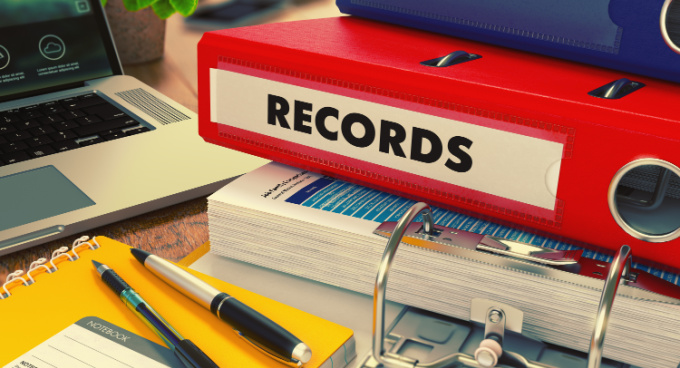Protecting Business Expense Deductions: Lessons from a Tax Court Case
 Posted by Bradley Bach on June 23, 2025
Posted by Bradley Bach on June 23, 2025
When claiming deductions for business-related expenses like meals, vehicle use, or home office costs, it’s essential to meet the IRS’s strict documentation standards. A recent U.S. Tax Court case Katherine J. Kalk v. Commissioner, (T.C. Memo. 2024-82) highlights how failing to maintain proper records can lead to disallowed deductions.
In this case, a business owner running a software consulting firm claimed significant deductions over several years. However, many of these were rejected by the IRS and upheld by the court due to insufficient or inappropriate documentation.
- Meal Expenses: The taxpayer claimed nearly $9,000 for meals, describing them as “working lunches.” However, she only provided bank statements, which didn’t demonstrate the business purpose or the relationship of the dining companions. The court emphasized that simply eating lunch during work hours doesn’t qualify as a deductible business expense without further substantiation.
- Supplies: Over $17,000 in supply expenses were claimed, including items like desks and monitors. Yet, the receipts were dated after the relevant tax years and included questionable items like soda dispensers and gift cards. Some purchases appeared personal, and all were made after the business had ceased operations.
- Home Office: The taxpayer deducted over $21,000 for a home office but couldn’t prove that her home was the primary place of business. She often worked at client sites and didn’t provide evidence of exclusive business use of any part of her home.
Other disallowed deductions included legal fees, utilities, hotel stays, and vehicle expenses—all due to a lack of adequate records or clear business connections.
While there are limited exceptions—such as the “Cohan rule,” which allows for estimated deductions in cases of lost records due to disasters—these are not a substitute for good recordkeeping. Staying organized and diligent can help ensure your deductions withstand IRS scrutiny.
This case underscores the importance of maintaining thorough and timely records. Business owners should document the purpose, date, and participants for meals and travel, and ensure that expenses are clearly business-related. Mixing personal and business expenses or trying to recreate records long after the fact can lead to problems during an audit.
Read the full description of the IRS rules for meals, travel, and entertainment here.


